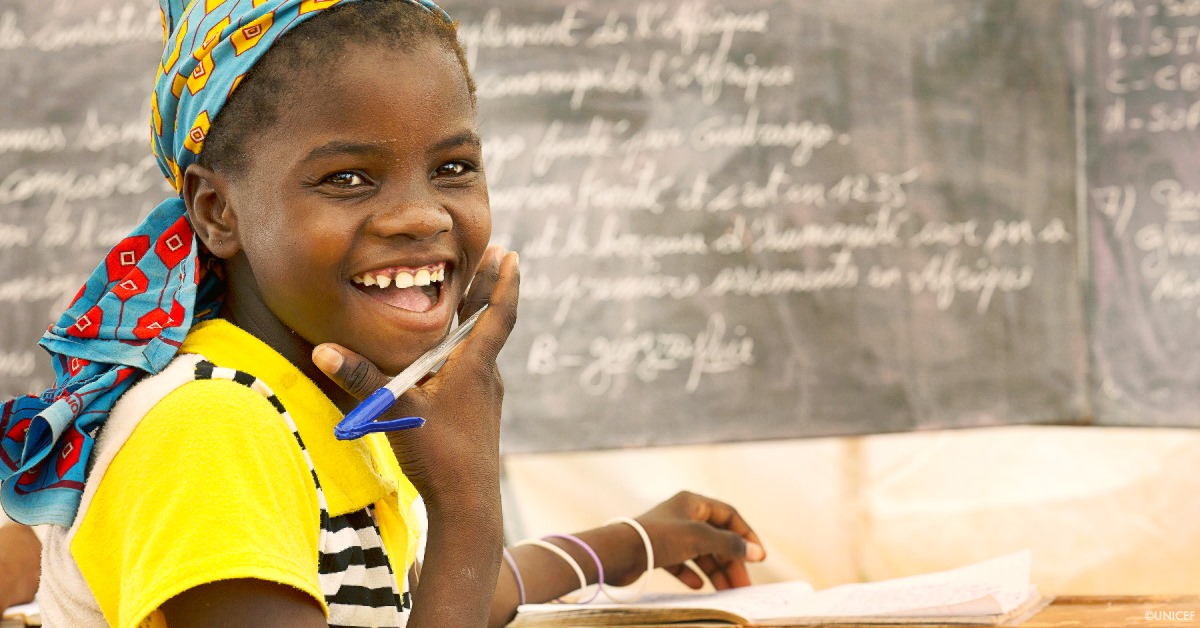States need to place human rights at the core of public policies and debates on migration, and should step up their efforts to combat hate speech, UN human rights experts have stressed in comments marking International Migrants Day on 18 December.
Security concerns are being wrongly used to criminalise migrants and people trying to support them, warned Felipe González Morales, Special Rapporteur on the human rights of migrants, and Can Ünver, who chairs the UN Committee on Migrant Workers.
“At a crucial moment when migration policies are being reviewed in many regions and countries, it is vital that security concerns do not override the human rights of migrants,” the experts said.
“This is especially true for migrants in the most vulnerable situations, including those who are undocumented and irregular. While security can be a legitimate concern and invoked as a justification for limitations to certain human rights, it cannot lead to the criminalisation of migration, or of those who support migrants.
“The protection of everyone’s human rights should remain the main objective of all public policies.”
The experts also urged States to do more to combat hate speech against migrants.
“Hate speech often leads to the stigmatisation and criminalisation of migrants, and has a grave negative impact on the realisation of their human rights,” they said. “It is time for States to step up their measures to combat it.”
The experts said the Global Compact for Migration provided an invaluable opportunity to ensure that the human rights of women, men, girls and boys were respected at all stages of migration.
“It is essential for the Global Compact to be fully implemented, which can only be achieved if States cooperate with each other, with the support of the UN, civil society and other relevant groups. One important objective of the Global Compact that clearly needs more attention is working towards alternatives to immigration detention,” said González Morales and Ünver.
“We need to see full international cooperation, including States working with their regional neighbours, and we also need to see strong action within countries.”
The experts also urged all States to ratify the Convention on Migrant Workers, stressing its complementary role alongside the Global Compact.
“The Global Compact is firmly founded on international human rights norms, in particular the convention,” the experts said. “One of the key aspects of a human rights-based approach to migration is to ensure that gender issues are placed at the heart of policies – so that gender equality is promoted and all the standards, policies and practices that are developed fully take into account the particular situation of migrant women and girls.”

